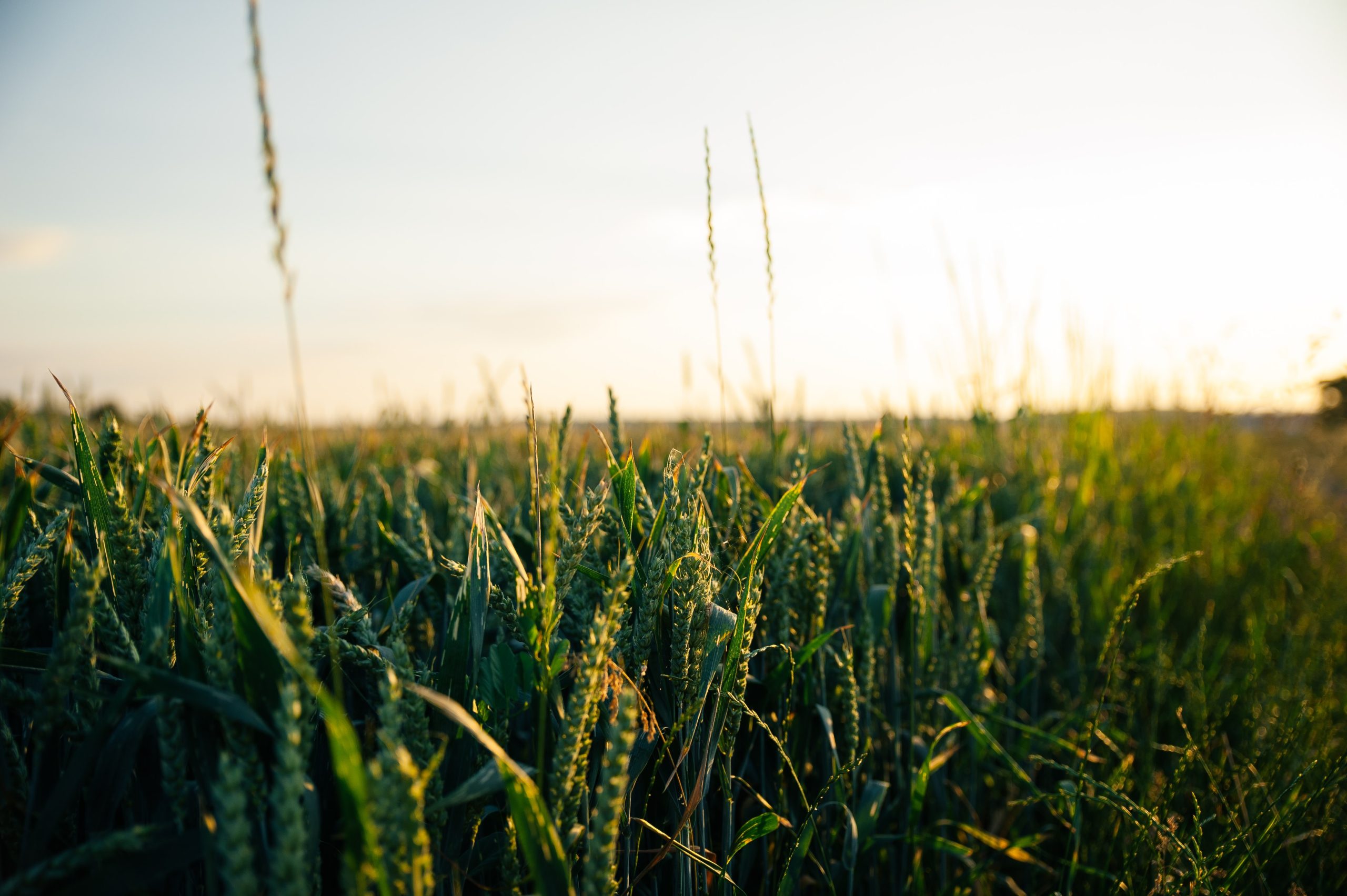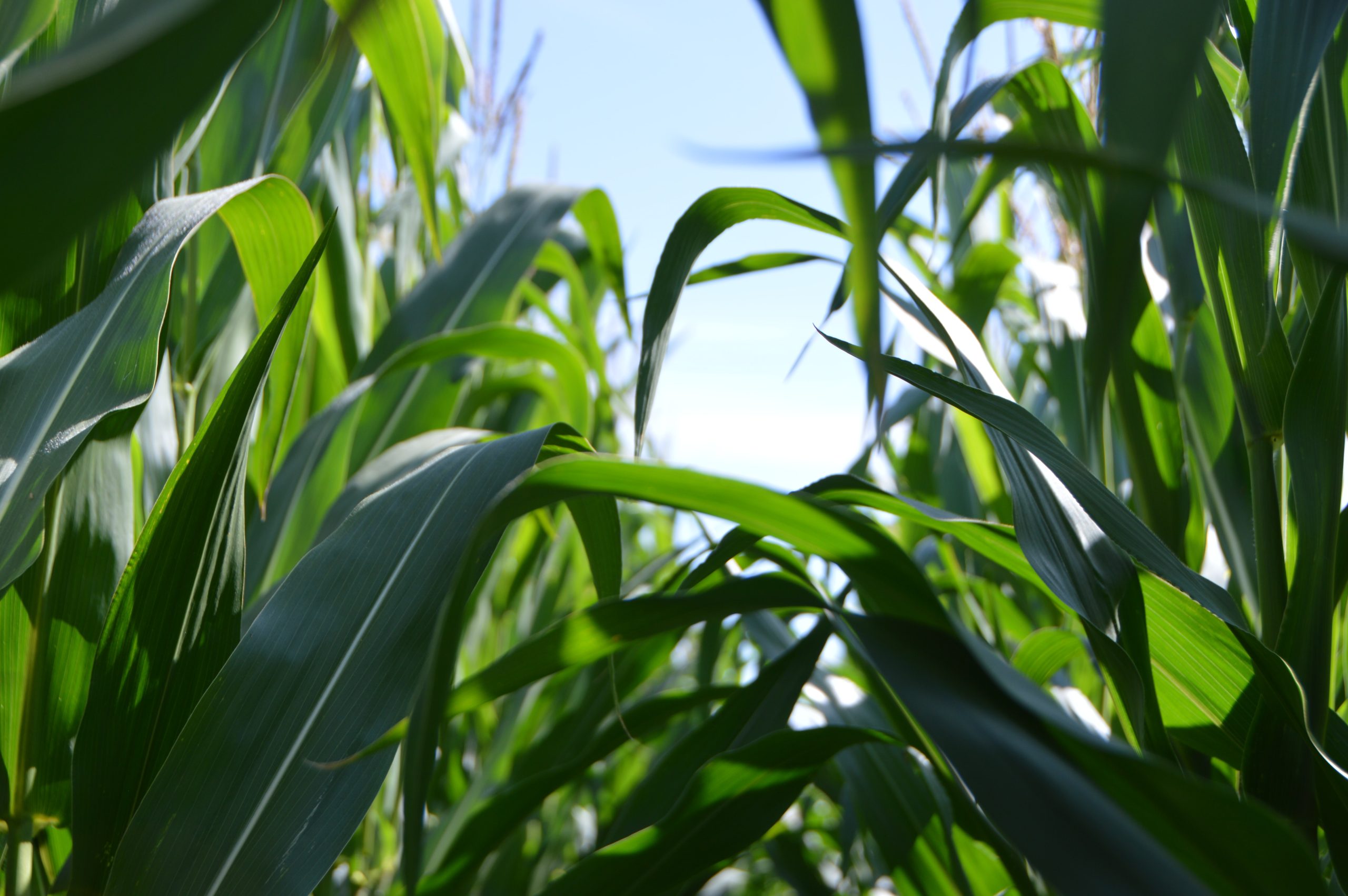How often do you find yourself carrying around your regrets like boulders in your mind? For me, it might be the skid loader bucket that I forgot to latch down when using it to mulch. For years, I look at the dents in the Kubota bed and think, “If only I would have remembered to latch down that bucket.” The same goes with failures. “If only I would have caught that cow calving a little sooner, the calf might still be alive.” For months afterwards, I am still thinking about that calf that is gone.
In any walk of life, regrets and failures are commonplace. Especially in a farm business, where there is so much risk involved and so much open for interpretation about what we do, it is easy to find ourselves looking back and thinking about what could have been. So how can we use that 20/20 hindsight as fertilizer instead of it just being a burden you carry in your mind?
Victoria Holt once said, “Never regret. If it is good, it’s wonderful. If it is bad, it’s experience.”
This year more than any, the idea of taking waste and turning it into fertilizer can resonate with any farmer. We take cow manure, which at its core is a waste product on a dairy, and we find all kinds of ways to get the maximum value out of it as fertilizer. More and more farmers are calculating the exact time to apply it, injecting it, separating it, and doing other unique things to make sure they are getting the biggest value they can out of that product, which was once considered a waste.

We could use the same approach when it comes to our mistakes and regrets. Recently I have been listening to experts share strategies on how to grow and learn by intentionally using your past experiences as fertilizer in shaping your future.
One of the experts is Daniel Pink, a New York Times best-selling author, who talks about how fundamentally there are four types of regrets. They are:
- Boldness: This type of regret is about not doing something that could have contributed significantly to our growth. For example, “I wish I would have not given up a chance to judge in the collegiate dairy judging contest at the World Dairy Expo.”
- Foundational: This type of regret is about doing or not doing something that disrupted our stability. For instance, I recently heard that many people who resigned from their jobs last year are now part of “The Great Regret.” They regret leaving a job that provided stability and security.
- Connection: This type of regret is about the loss of a relationship. An example that sadly happens all too often on farms is how intergenerational conflict can lead to broken family relationships. For example, “I wish I would have mended my relationship with my dad before he passed.”
- Moral: This type of regret is when we make the wrong decision and miss a chance to be good. The one about the lost calf above could potentially fall into this category. “I wish I wouldn’t have skipped checking the calving area that day because that calf would still be alive if I would have done my job.”
Another one of the speakers I listened to suggested taking at least 2 – 3 minutes at the end of every day to ask yourself what went really well that day and what did not go well. Then intentionally think about what you can learn from those good moments and from the not so good moments. She suggested making that part of your daily routine, whether it means writing it down while you are sitting at the kitchen table after supper or thinking through it in your head while you are brushing your teeth.

Some of the other creative ideas they had I thought could easily be applied to an organization, along with an individual. You could do one of these while you are in a team meeting or during a partners’ lunch. They include:
- Assembling a regret circle. Have each person in the circle share one regret or mistake they made and have others share what they see as the key learnings from that mistake. For instance, if I would tell the group that I regret not checking if that cow was calving sooner, someone else might suggest developing standard operating procedures and routines for the calving pen. Another might suggest putting up a video monitor in the calving area.
- Creating a failure resume. This is something you can do as an individual, but it can also be done as a team. Divide a piece of paper into three columns and in the left column, write down what you see as the failures you experienced during a recent time period. Then in the middle column, write down what the key learnings are from those experiences, and then in the right column, share what you are going to do differently because of what you learned. For instance, on the left column, a farm team could write, “Ran out of corn silage before the new crop was fully fermented.” Then in the middle column, you could write the key learnings of what led to that mistake, and in the right, how you are going to approach this year differently so it doesn’t happen again.
- Designating a boldness circle. This is about addressing the “boldness” category of regrets, like “I regret not expanding our operation,” or “I wish I would have purchased that farm down the road.” What the speaker suggested is to dedicate a space and time for a boldness circle, where you can dream about the bold moves you could take to push your dairy forward. This would be a safe place where you could talk about new ideas you could try and brainstorm ways to implement them without assuming enormous risks along with it. For instance, if someone had a bold idea of interseeding soybeans and small grains, you could talk through how to experiment with that on a small scale one year to see how it goes.
The reality is that nobody and no farm is perfect. Nothing always goes according to plan. We all make mistakes, and we all experience regrets. It is how we learn from those failures and regrets that matters most to our future. Instead of carrying them around like heavy rocks in your head, use them as fertilizer for the growth to come.
Editor’s Note: This column is written by Jayne Sebright, executive director for the Center for Dairy Excellence, and published monthly in the Lancaster Farming Dairy Reporter.

